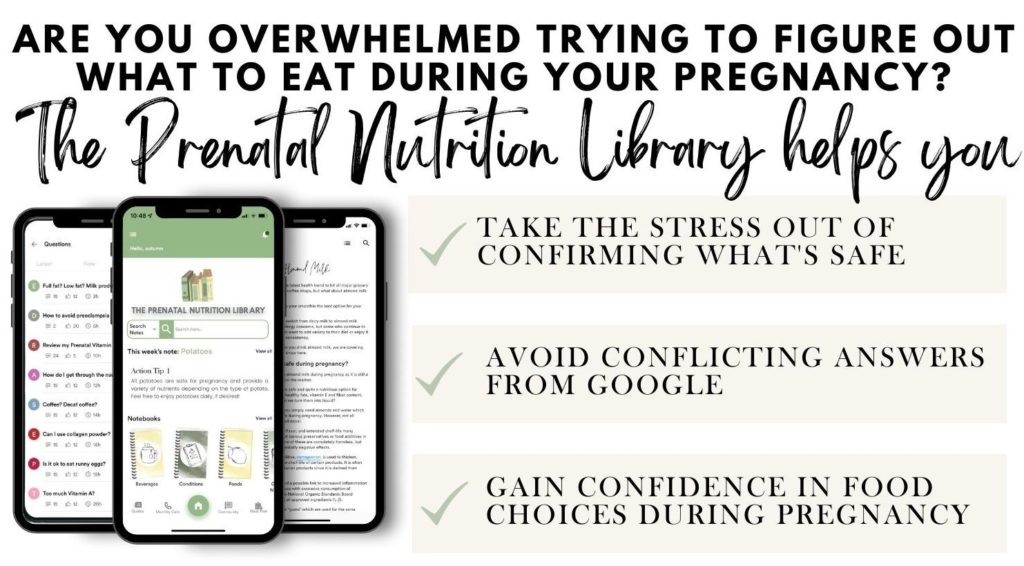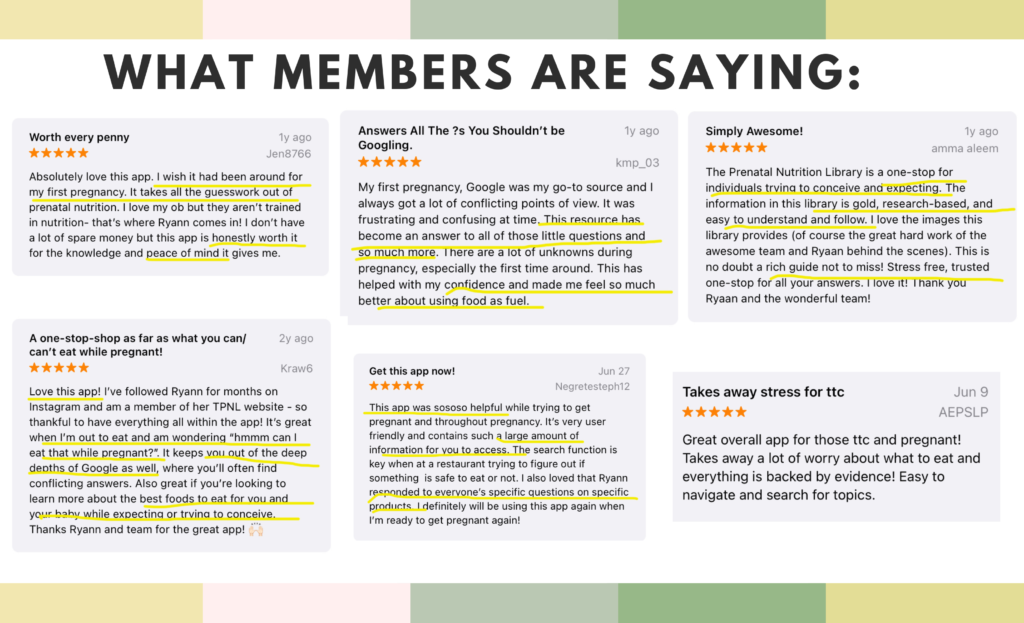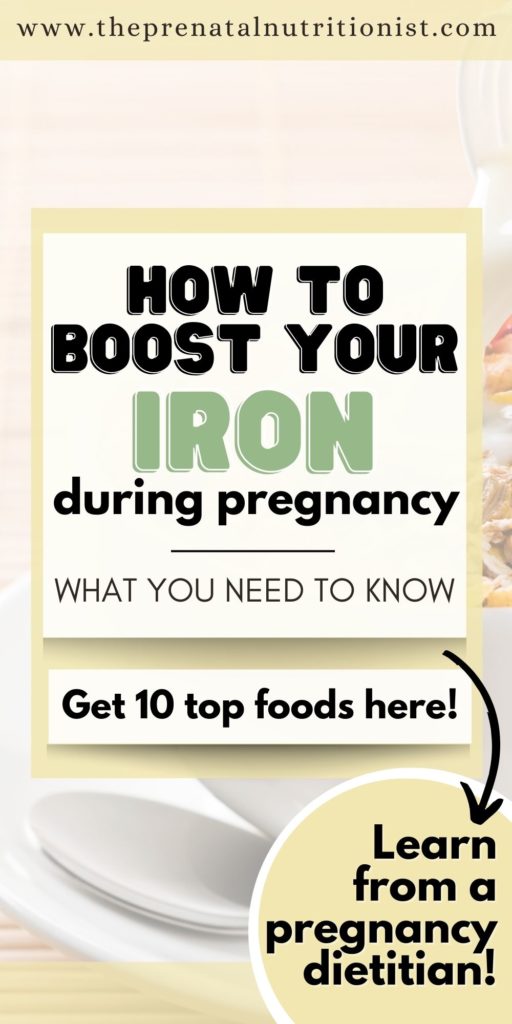
Pregnancy brings about many important changes in the body as it works to support the needs of the growing baby. One of the key changes is a significant increase in blood volume and red blood cell production. A pregnant person’s blood volume will increase by around 50% compared to when not pregnant.
This expansion ensures an adequate supply of oxygen, nutrients, and hormones to support the baby’s growth and development while also providing the mother with the necessary resources for a healthy pregnancy. Hemoglobin, the protein in red blood cells responsible for carrying oxygen from the lungs to the rest of the body, contains iron. Iron plays a crucial role in red blood cell production.
However, while iron plays an integral role, the human body cannot produce its own iron. Pregnant women must obtain all the iron they and their developing baby need through diet. The daily iron requirement increases to 27 mg per day during pregnancy compared to just 18 mg when not pregnant. Meeting this elevated need through nutritious whole foods (and supplementation when needed) is very important for supporting a healthy pregnancy and preventing iron deficiency or anemia.
Today, I want to share a helpful roundup of top iron-rich foods that expectant mothers can add to their diets. Getting adequate iron through various iron-rich whole foods is the best way to fuel both mom’s and baby’s needs during this critical time. You also need to focus on helping your body absorb iron.
Let’s explore some of these top iron sources! Below is a list of foods rich in iron. The amount of iron per food will vary but these are a great start.
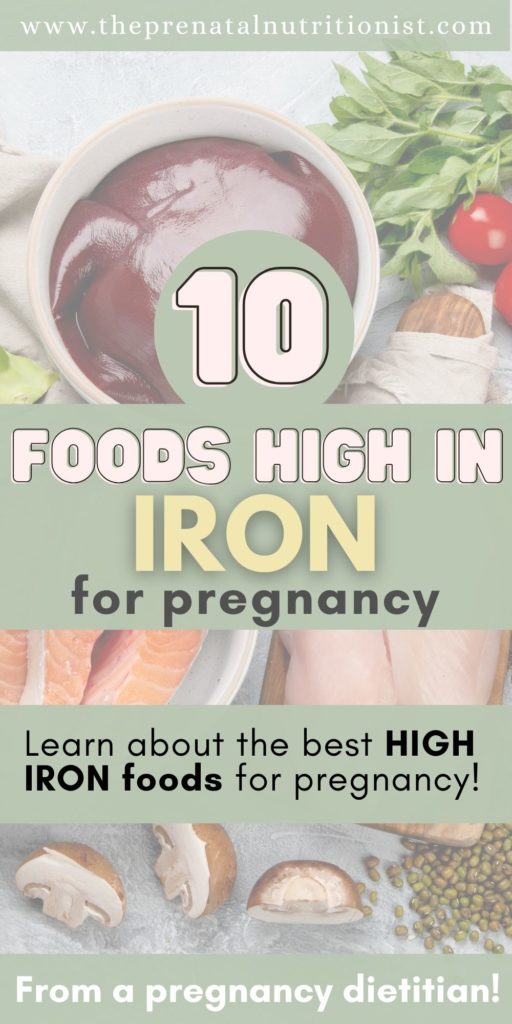
10 Foods High in Iron for Pregnancy
Beef
Beef is one of the best dietary sources of highly bioavailable heme iron. Each 3-ounce serving of beef, such as flank or sirloin steak, contains approximately 3 mg of heme iron. Heme iron found in red meat is up to two to three times more absorbable by the gut compared to non-heme plant-based sources of iron. The difference in bioavailability is attributed to the chemical structure of heme iron, which is similar to the iron found in hemoglobin and myoglobin in human blood and muscles.
Research shows adequate iron intake during pregnancy is crucial for numerous aspects of fetal development and health. Iron transports oxygen to developing tissues and plays a key role in fetal brain growth and neurodevelopment. It also assists with producing crucial enzymes and hormones involved in growth and cellular differentiation. Due to beef’s highly bioavailable heme iron and high-quality protein content, it makes an excellent choice for an iron-rich food during pregnancy.
Chicken
Chicken, especially the darker meat portions like thighs, is another good heme-iron choice. Each 3-ounce cooked serving of chicken thigh meat contains approximately 1 to 1.5 mg of heme iron. Along with iron, chicken provides high-quality protein containing all essential amino acids vital for supporting fetal growth. Many people are under-consuming protein during pregnancy. Incorporating quality protein sources supports mom and baby’s health.
Chicken is a safe and beneficial animal-based protein to include during pregnancy due to good nutrient profiles, including quality protein, heme iron, B vitamins, and selenium. A 3-ounce serving of chicken breast or thighs equates to roughly the size of a deck of cards. Ideally, we want to aim for at least 3-4 ounces of protein per meal. However, some will need more protein than this. For added nutrition, choose herbs and spices for flavoring meat, poultry, and chicken. Pairing cooked chicken with vitamin C-containing bell peppers or tomatoes further aids iron absorption.
Oysters
In terms of nutrient density, oysters are similar to organ meats, which are some of the most nutrient-rich foods available. In fact, oysters have even more iron than beef liver. A serving of oysters a few times a week can be an easy way to boost your iron stores, especially during the third trimester, when your iron needs are highest.
To safely eat oysters during pregnancy, they should be fully cooked. Raw oysters are a higher food safety risk choice and should be avoided during pregnancy. Eating raw oysters increases your risk of contracting foodborne illnesses like vibrio vulnificus or norovirus.
In addition to iron, oysters are rich in zinc, copper, selenium, and vitamin B12. They also contain vitamin A and DHA. When shopping for fresh oysters, ensure they are from a trusted source. They are a low-mercury seafood choice that is safe for pregnancy when fully cooked to a minimum internal temperature of 145 F.
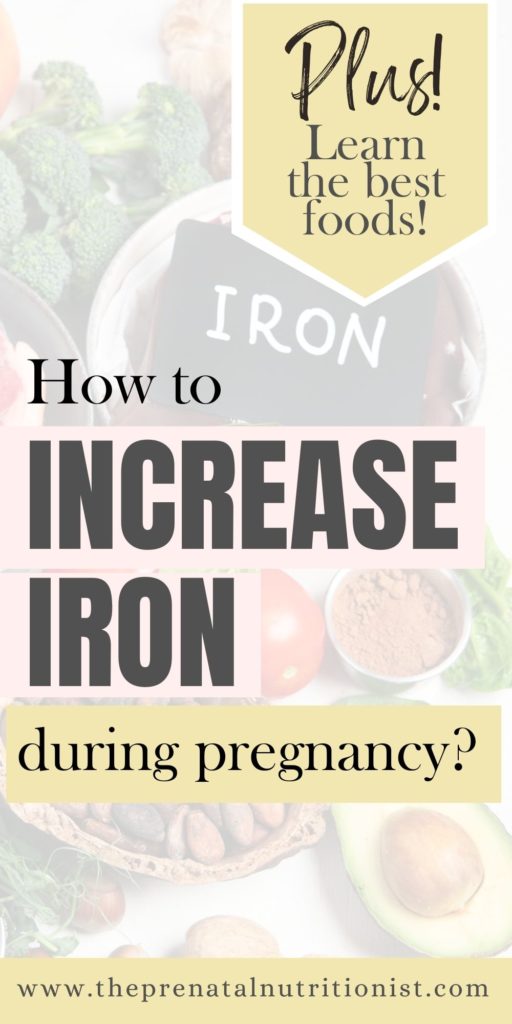
Lentils
Lentils are one of pregnancy’s great staple foods. They make for an easy, tolerable protein when battling nausea. Plus, they can easily be thrown into soups or bowls. One cup of cooked lentils has about 3.3 mg of non-heme iron. Besides iron, lentils include minerals like folate and potassium, as well as fiber. They are incredibly nutrient-dense and versatile to include often.
The iron in lentils is non-heme iron, so it is best to pair it with a source of vitamin C. There’s more on non-heme iron reviewed below, but vitamin C helps to enhance the absorption of this form of iron. Folate plays a crucial role in fetal neural tube development. Adequate folate is important to reduce the risk of neural tube defects like spina bifida in babies. Their high soluble fiber content also helps prevent constipation and regulate digestion, a common complaint during pregnancy.
Pork
Pork is a notable source of heme iron. Again, heme iron is a certain kind of iron that’s easy for the body to “soak up” or absorb. This type of iron helps prevent low iron levels during pregnancy, which is super important for the baby’s growth. From grilled pork chops to slow-cooked pulled pork or roasted pork tenderloin, there are numerous delicious ways to enjoy pork.
Beyond iron, pork is a protein powerhouse, supporting the development of the baby’s muscles and tissues. It also brings along B vitamins like B6 and B12, which help the baby’s brain and nervous system take shape. Pulled pork is also a good source of glycine. Glycine is a “conditionally essential” amino acid during pregnancy. This means we need to get it from our diet. Glycine is needed to make collagen.
Black Beans
Black beans are a powerhouse legume loaded with beneficial plant compounds as well as non-heme iron. One-half cup of cooked black beans delivers a solid 1.8 mg of iron, comprising about 7% of the daily recommended intake for pregnant women.
It’s important to remember the absorption of non-heme sources of iron is lower than heme-iron. Those who do not eat meat or other sources of heme-iron may need to include well over the recommended dietary intake to adequately meet their needs.
In addition to supplying some non-heme iron, black beans are rich in other beneficial nutrients and compounds. These include flavonoids, phenolic acids, and polyphenols, which may benefit overall health. Black beans simultaneously provide substantial amounts of fiber, folate, magnesium, potassium, plant-based protein, and phytonutrients like anthocyanins with antioxidant effects.
Fiber, in particular, plays several important roles during pregnancy, such as supporting balanced blood sugar levels and promoting digestive regularity.
You can find more of the best beans for pregnancy HERE!
Salmon
Salmon is an excellent choice for expecting moms. It is a decent source of heme iron, the highly bioavailable form of iron, to help boost overall intake. Beyond iron, salmon is like a powerhouse of goodness for both mom and baby. It’s packed with omega-3 fatty acids, which are like superhero fats that help the baby’s brain and eye development.
Salmon also brings along protein, B vitamins, and minerals, making it a tasty and nutritious addition to a pregnancy-friendly diet. It is a low-mercury seafood choice that is both a safe and beneficial option for pregnancy.
Sweet Potatoes
As one of nature’s most nutritious root vegetables, sweet potatoes are a decent source of non-heme iron (see below) and vitamin C. Just one medium-baked sweet potato supplies about 0.6 to 1 mg of non-heme iron and approximately 22 mg of vitamin C. The vitamin C content in sweet potatoes can vary based on factors such as the size of the sweet potato and its specific variety.
Vitamin C acts as a key enhancer of iron absorption. They are also packed with beta-carotene. Beta-carotene acts as an antioxidant in the body. Together, the non-heme iron, beta-carotene, and vitamin C in sweet potatoes support the production of red blood cells and help strengthen mom and baby’s immunity.
Beyond non-heme iron and vitamin C, each sweet potato delivers up to 4 grams of fiber, vitamin B6, potassium, and manganese, all nutrients pregnant women need. The fiber helps support blood sugar balance and feelings of satiety and promotes digestive regularity.
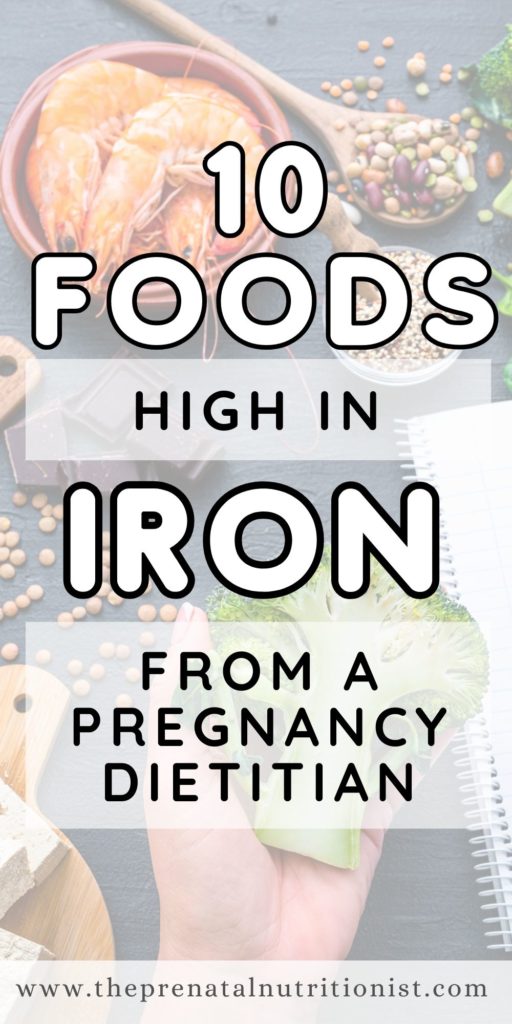
Leafy Greens
Dark leafy greens and green leafy vegetables like kale, spinach, brussels sprouts and collard greens pack in a lot of beneficial nutrients for pregnancy. One noteworthy nutrient in these nutrient-dense greens is iron. It is important to keep in mind that these greens contain non-heme iron versus heme iron. Non-heme iron is less bioavailable than heme iron and often contains compounds that can inhibit absorption.
One cup of chopped kale or collard greens delivers over 1 mg of non-heme iron while also supplying folate, antioxidants, and vitamins A, C, and K. Including additional vitamin C sources, like tomatoes and chopped bell peppers in a salad, helps enhance iron absorption from these non-heme plant sources. Meanwhile, folate plays a key role in early fetal development and prevention of neural tube defects.
For more on the best leafy greens to indulge in during pregnancy, check HERE.
Liver
Liver is one of the most nutrient-dense foods on the planet. It provides an abundance of vitamins and minerals, even more so than any fruits or vegetables. A 3-ounce serving of beef liver supplies about 6.1 mg of highly bioavailable heme iron. This is what makes it such a great food choice for pregnancy.
It’s a myth that liver needs to be completely avoided during pregnancy. It is important that liver is fully cooked before eating. Vitamin A (retinol) is the other part of this conversation. The “short summary” on liver during pregnancy, is that liver is rich in vitamin A, and while it’s possible to get too much vitamin A during pregnancy and there is an upper limit set for this micronutrient, it’s still a very important vitamin for pregnancy. The key is to enjoy liver in moderation of up to a few ounces per week.
Learn more about liver, liver supplements, and vitamin A inside The Prenatal Nutrition Library!
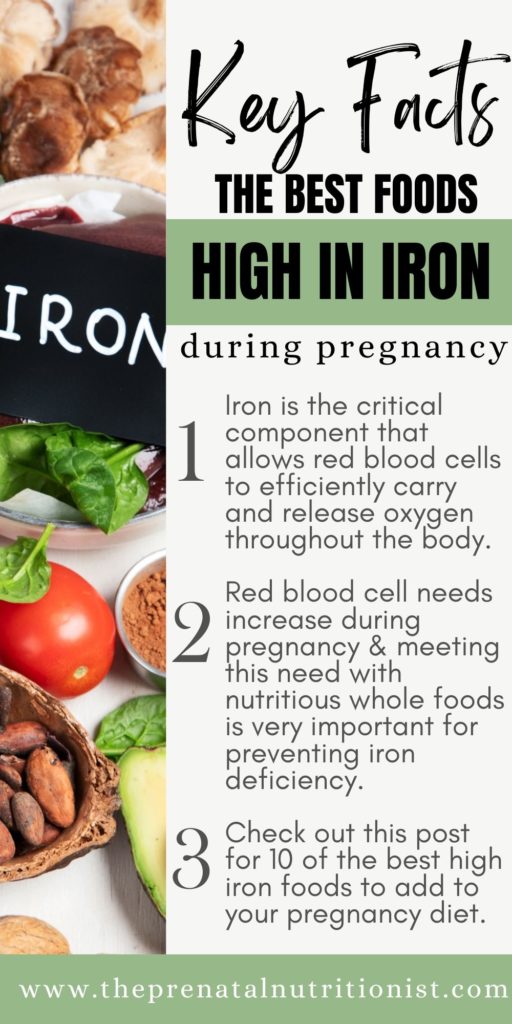
Eating foods high in iron can help to increase your iron levels during pregnancy.
In conclusion, including plenty of whole foods naturally high in iron and nutrients that aid absorption are two big ways to help ensure iron needs are being met during pregnancy. While most people think they *have to* choose a prenatal vitamin with iron (see my post: “What to look for in prenatal vitamins“) or take a separate iron supplement, this is not true for everyone. The need for an iron supplement or not is individualized and depends on your labs, health history, and overall intake.
For more ways to promote good health for you and your baby and ensure nutrient needs are being met, join The Prenatal Nutrition Library. We have detailed guides on topics like iron, anemia, iron labs, and more!
The Prenatal Nutrition Library is a searchable database and app, so you will have peace of mind that what you eat during pregnancy is safe and nutritious! Join the community today!



